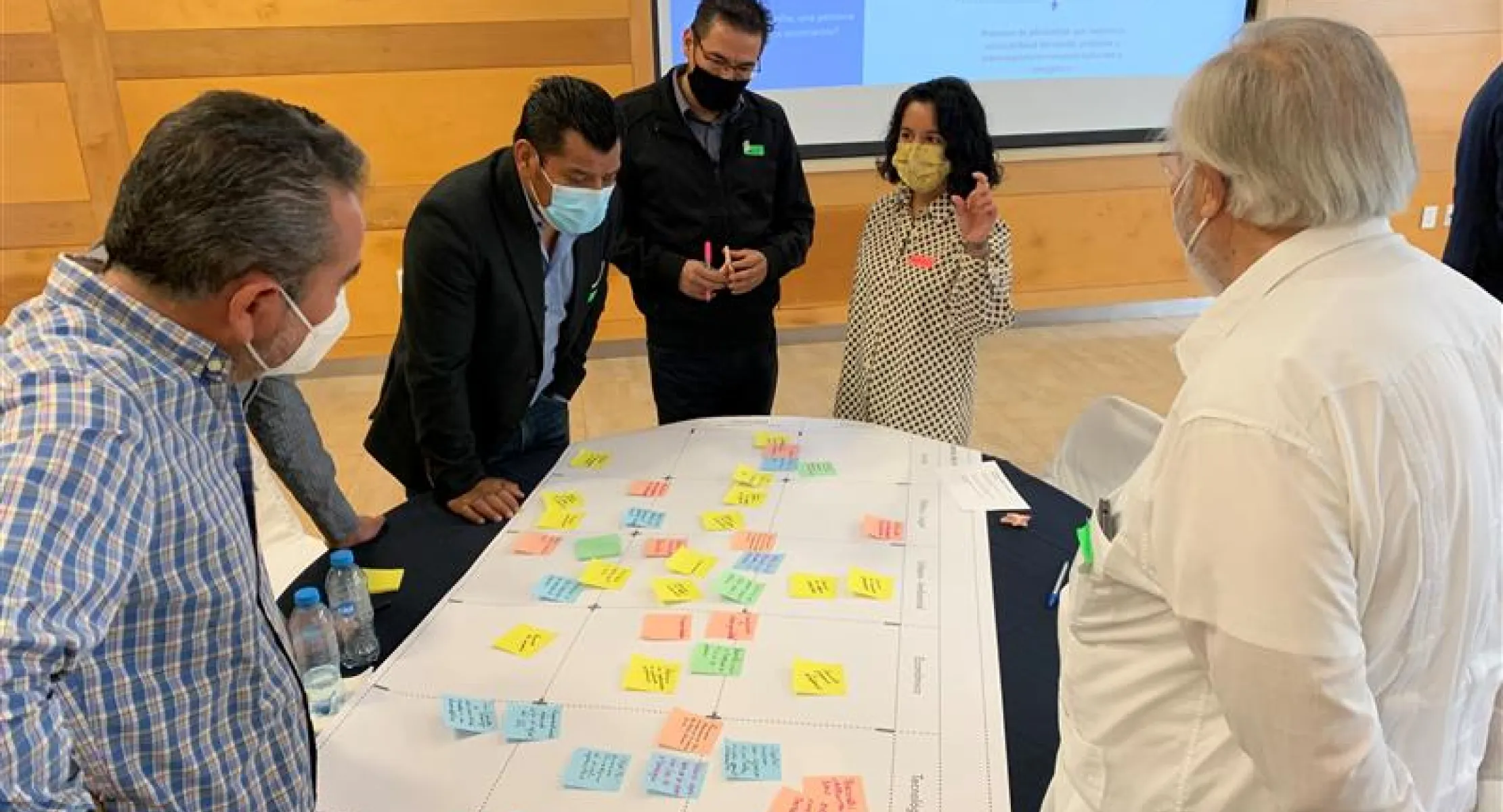
Microsoft and UN-Habitat partnered in 2019 to create social value and environmental resilience for the company’s data centre communities, through inclusive and participatory planning processes. The global initiative “Planning for Better Quality of Life in Datacenter Communities” brings together both companies' experience in innovation, digital transformation, and sustainable urban planning.
The multinational tech-based company builds data centres in different regions of the world – infrastructures capable of creating a dense network of computers devolved to data storage and management as well as service and content delivery. Through this project, Microsoft wants to ensure that data centre development has a positive impact and improves the quality of lives of the communities around them.
The main goal of the initiative is to build global knowledge and practices for the promotion and strengthening of inclusive and resilient communities in synergy with technological industrial development. Based on data and the local experience in several locations, UN-Habitat, together with local actors from various sectors – produced strategic scenarios and recommendations for more sustainable, socially inclusive and resilient data centre communities. Other businesses in this field and governments could benefit from applying such tools and practices to advance the sustainable urban planning of both emergent and consolidated industrial regions.
During its first phase, the project was implemented in two locations in Sweden (Gävle and Sandviken) and adapted by UN-Habitat to the challenges imposed by the COVID-19 pandemic. Public engagement workshops such as scenario development were held online. Following the initial participatory activities, local pupils of Sandviken were invited to join a Block by Block workshop – a collaborative design methodology deploying the computer game Minecraft. Over 40 young people, aged 8 to 16, participated in a collective visioning session and built design interventions in the digital version of the schoolyard of Murgårdsskolan. The work in Sweden is already receiving positive feedback: "Gävle-Sandviken is providing us with a service that helps us improve our level of sophistication in urban planning. They help us understand what connection points we need to make with the right people in these cities to be most successful, both as we enter and as we grow our presence in these communities. This leads to a level of confidence when we engage with communities from the beginning," said Jim Hanna, Microsoft Director of Datacenter Community Development.
In its second phase, implemented between May 2021 and June 2022, the project focused on the state of Querétaro in Mexico, specifically on the municipalities of El Marqués and Colón. This territory has been called a ‘technological-industrial corridor’ because of the concentration of industries and data centres in the area. Through the Urban Lab Mexico, UN-Habitat facilitated participatory planning processes and developed recommendations and an action plan to make the communities near the data centres more prosperous, sustainable, inclusive, and resilient, and integrate into the dynamics of the local economic, urban and social development. The final results comprise three reports [context analysis, future scenarios and action plan, and recommendations on community interventions], now published.